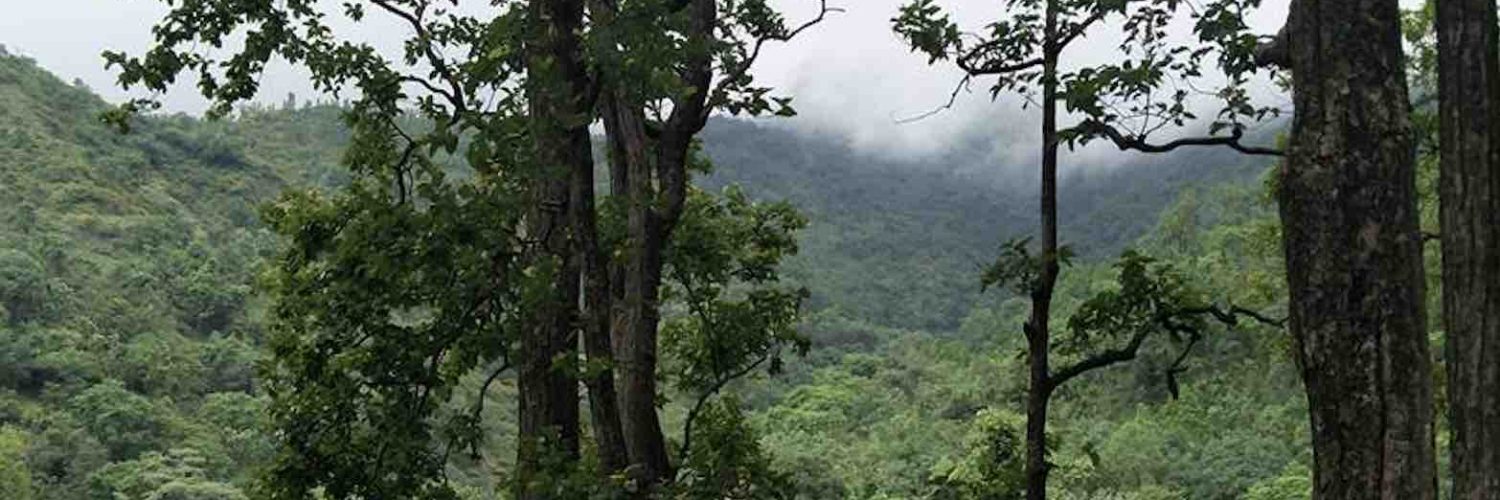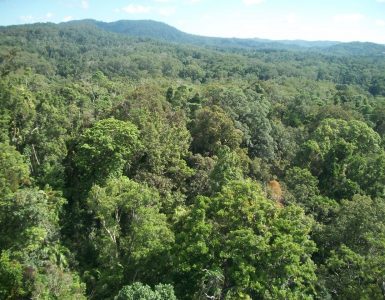India’s Ministry of Tourism has formulated a National Strategy for Sustainable Tourism, emphasising promoting environmental sustainability and protecting biodiversity.
The Ministry also launched the Travel for LiFE Initiative to promote sustainable tourism in India and to encourage tourists and tourism businesses to adopt responsible tourism practices.
Travel for LiFE aims to promote sustainable tourism in the country, through mindful and deliberate actions mobilized toward tourists and tourism businesses in the consumption of tourism resources.
The concerned State Governments and Union Territory Administrations primarily undertake the development of tourism sites. However, the Ministry of Tourism complements these efforts by providing financial assistance to the State Governments and Union Territories under its various infrastructure schemes.
Financial assistance and support are provided under the schemes of ‘Swadesh Darshan’, ‘National Mission on Pilgrimage Rejuvenation and Spiritual Heritage Augmentation Drive (PRASHAD)’ and ‘Assistance to Central Agencies for Tourism Infrastructure Development’ for the development of tourism-related infrastructure and facilities at various tourism destinations in the country.
The Government of India also works with other countries to promote tourism through bilateral and multilateral arrangements contributing to the country’s vision of sustainable tourism initiatives.
The Ministry of Tourism has also revamped its Swadesh Darshan scheme as Swadesh Darshan 2.0 intending to develop sustainable and responsible destinations following a tourist and destination-centric approach.
6 strategic pillars have been identified for the development of sustainable tourism:
- Promoting Environmental Sustainability
- Protecting Biodiversity
- Promoting Economic Sustainability
- Promoting Socio-Cultural Sustainability
- Scheme for Certification of Sustainable Tourism
- Capacity Building Governance
Under the first phase of the Swadesh Darshan scheme launched in 2014, 76 projects across India have been sanctioned Rs 5288 crores of which more than 90% (Rs 4840 crores) is utilised as of the end of 2024.

The revamped Swadesh Darshan 2.0 scheme launched in 2024 has identified 34 projects with Rs. 791.25 crores. Further, destinations have been identified under the Challenge Based Destination Development (CBDD), a sub-scheme of the Swadesh Darshan scheme for which Rs 800 crores is allocated.
Some biodiversity and eco-tourism projects under the Swadesh Darshan 2.0 scheme are Kokrajhar Wetland in Assam, Kumarakom Bird Sanctuary in Kerala, Julley Leh Biodiversity in Ladakh, Kanjli Wetland in Punjab.
Ecotourism sites in Sivasagar (Assam), Bichom Dam Site (Arunachal Pradesh), Mayali Bagicha (Chhattisgarh), Mayem Village (Goa), Thol Village (Gujarat), Udupi (Karnataka), Mushkoh Village (Ladakh), Lakshadweep, Doyang Reservoir (Nagaland), and Kamareddy (Telangana) are identified under CBDD scheme.
Major investments are also going to the development of Matsyagandha Lake in Bihar, Umiam Lake in Meghalaya, Ashtamudi Biodiversity in Kerala, and Garden of Flowers in Tamil Nadu.
The government has also approved the initiative to develop tribal homestays under the Swadesh Darshan scheme. The said intervention includes the development of 1000 homestays with support of up to Rs 5 Lakh per unit (for new construction), up to Rs 3 Lakhs (renovation) and Rs 5 lakh for village community requirements.
The Ministry of Tourism has formulated draft guidelines for the said initiative to develop homestays in tribal areas to promote responsible tourism and enhance livelihood opportunities for tribal communities. The draft guidelines also focus on technical up-skilling and training of the homestay owners.
Thematic tourism like wellness tourism, culinary tourism, rural, eco-tourism, etc. amongst other niche subjects is promoted to expand the scope of tourism in India. Moreover, tourists and visitors are also increasingly becoming conscious of their carbon footprint and adopting measures to reduce it.
Through these initiatives, the Government seeks to ensure that sustainable tourism in India contributes positively to the economy while safeguarding the environment and benefiting local communities.






Add comment